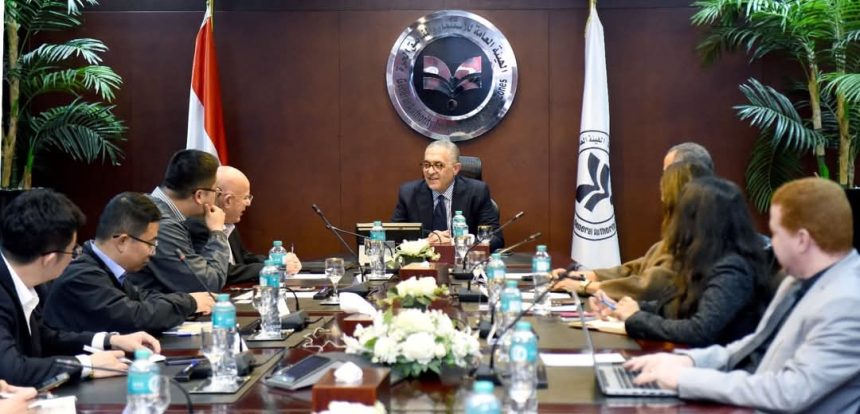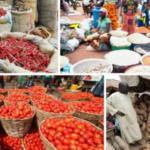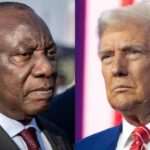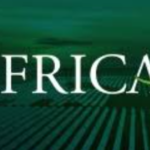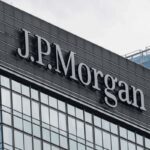Lutai Group, the world’s largest producer of dyed fabrics and shirts, plans to establish its first factory in Egypt, with an investment of $385 million.
Covering 500,000 square meters, the facility will serve as a fully integrated supply chain hub, from yarn production and fabric manufacturing to garment production, with 100% of its output dedicated to export.
This aligns with Egypt’s strategy to attract export-oriented investments and strengthen its position in the global textile market.
Hossam Heiba, CEO of the General Authority for Investment and Free Zones (GAFI), met with a Lutai delegation led by Global Marketing Director Liu Deming. Liu emphasized the project’s significance, leveraging Lutai’s cutting-edge spinning technology and four-time National Science and Technology Award-winning expertise. He noted that Egypt’s economic stability, skilled workforce, and strong ties with China make it an ideal location for expansion.
- Advertisement -
The factory will bolster Egypt’s competitiveness in international textile markets while creating a comprehensive supply chain. Advanced production systems and technological expertise will be introduced, boosting Egypt’s role in high-quality textile manufacturing. Liu also highlighted the importance of Egypt-China relations in facilitating Chinese investments.
Heiba emphasized Egypt’s favorable investment climate, supported by the Investment Law and global trade agreements granting access to over three billion consumers. He pointed to Egypt’s low construction and utility costs, as well as its fast-track “Golden License” system, which ensures all permits are approved within 20 working days. Lutai will receive maximum financial and regulatory incentives under Egypt’s investment framework.
Mohamed Qassem, Chairperson of the Egyptian Exporters Association, stated that foreign investments in Egypt’s textile sector, especially from China, are growing due to global supply chain shifts and Egypt’s ongoing economic reforms.
These reforms enhance the competitiveness of Egyptian exports and attract international capital, further solidifying the country as a key player in the global textile industry.




